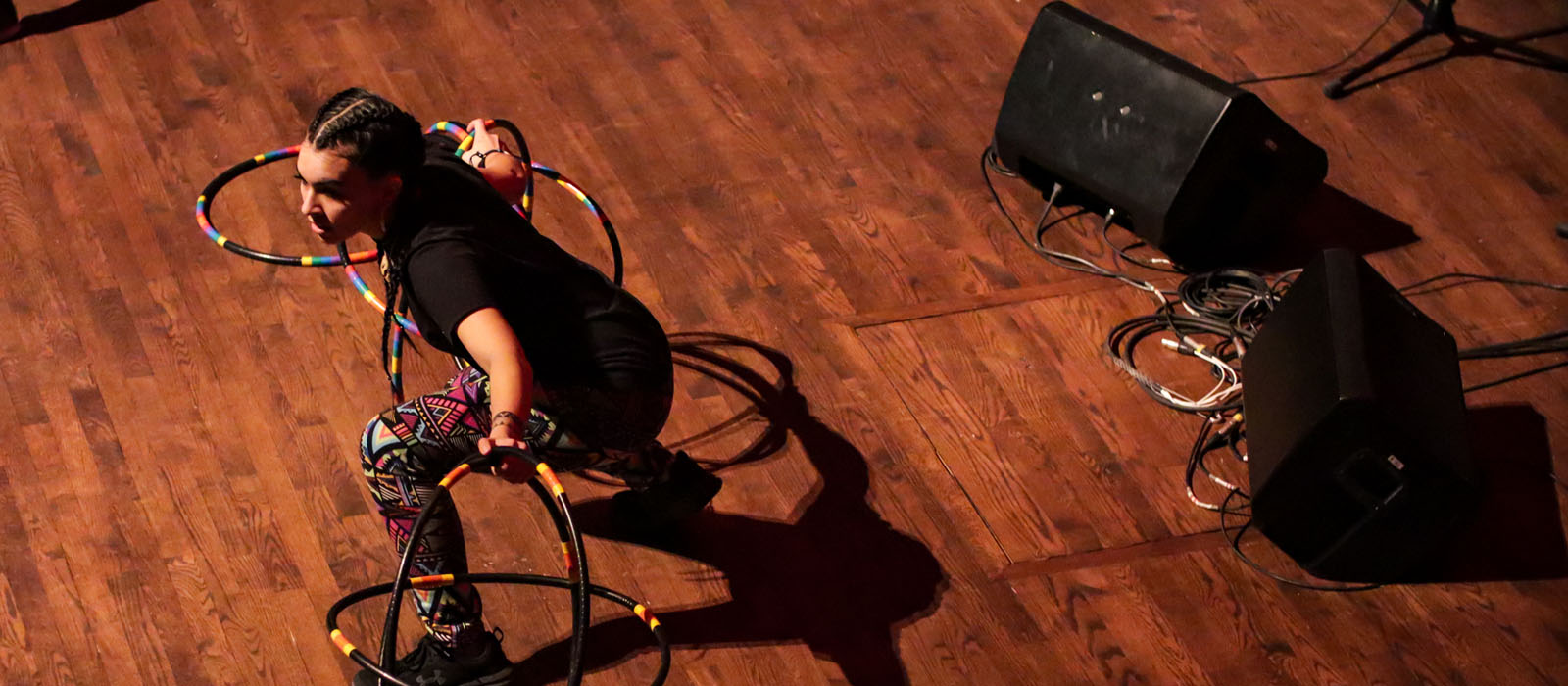Indigenizing, Decolonizing and Reconciliation
Indigenous knowledge(s) emerges from communal understandings on how we are to live together, relationally, as good neighbours, so that we all flourish together. This is indicated in the pre-colonial treaties such as the Two Row Wampum. Indigenous knowledge(s) were protected by Indigenous ancestors so these societies could re-build. They are operationalized through collaborative inclusive relationships, which are transparent, and in which the need for people’s informed consent is respected.
The purposes of Indigenization processes are to support the agency, self-determination, and freedom of Indigenous peoples. They support Indigenous people to be who they are on their communal lands and safeguard Indigenous ancestor’s stories. Reconciliation is a loaded word in this scenario. Current social work pedagogy is not based on how Indigenous knowledge(s) contribute to creating relational based peace, kindness, and compassionate societal ideals. This needs to change.
The profession of Social work in Canada recognizes the need to change the status quo in social work education. The School of Social Work at Carleton University is committed to change and has been steadily working towards transforming our department. There has been much accomplished, as you can read in our full report of all the committee’s work since the Indigenization, Decolonialization and “Reconciliation Committee, replaced the Social Justice Committee in 2018.
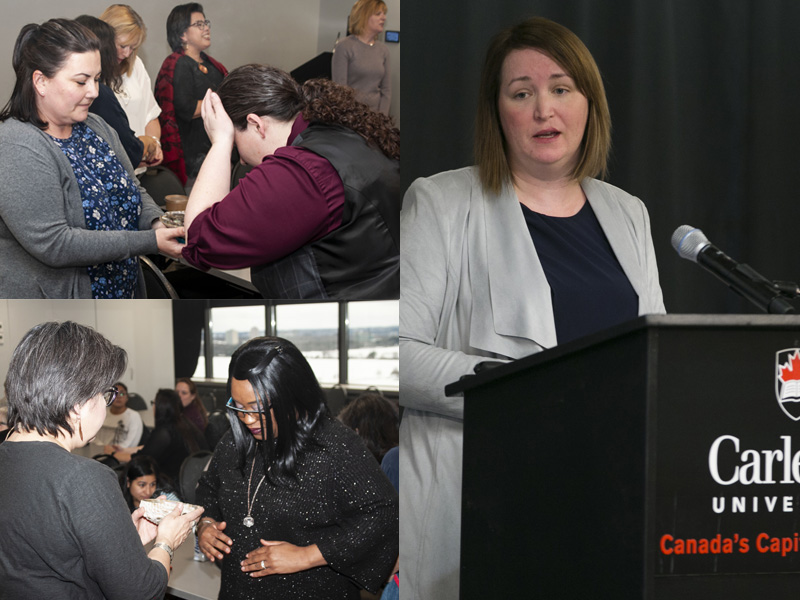
Background
The historical experience of social work in Aboriginal communities is controversial. Social work is seen as an active partner in the colonial destruction of Aboriginal societal processes and structures. There continue to be record numbers of child welfare apprehensions; youth and adult incarcerations at every level of correctional institutes; trauma-based addictions; higher than the Canadian average death rates from chronic health conditions; dismal living conditions: violent deaths and murders, etc. These conditions are exacerbated by the individualistic approaches of helping professions that are devoid of communal interventions based on Indigenous knowledge(s), worldviews, philosophies, and ethics, developed in equitable partnerships with Indigenous societies. The symbiotic relationship between the social work profession and the colonial disruptions experienced by Indigenous communities must be altered into a more mutually beneficial one.
The destructive impact of colonizing narratives, policies, and practices in social work education, research, and practice are highlighted in the Truth and Reconciliation Commission’s final report in 2015. Transformative changes are necessary for the continued development of collaborative partnerships between Indigenous societies and the profession of social work. Future generations of social workers need to have different visions of what and how their work can be transformed by Indigenous knowledge(s), all without appropriative societal relationships. Collective Indigenous knowledge(s) are not foddered for any social work colonial project. Social determinants of Indigenous societal wellness need to be rooted in Indigenous ways of knowing and culturally appropriate, trauma-informed interventions. Aspects of how this can be accomplished are in the Truth and Reconciliation Calls to Action 2015. The MSW students examined the TRC in their student-led discussion groups in 2019.
Pledge of Reconciliation
In 2017 a group of MSW students developed a pledge of reconciliation that they encouraged social work practitioners and social work students to sign to support the ongoing work of the profession to reconcile with Indigenous communities:
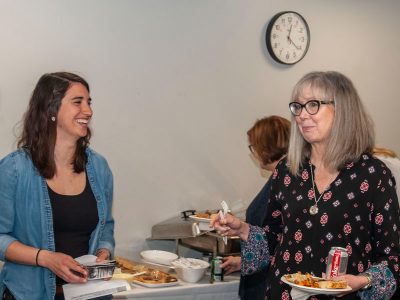
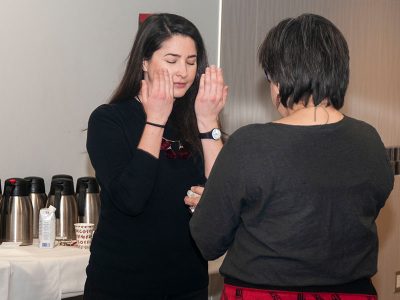
Photos of the Indigenous Meal held at Dunton Tower on January 27, 2020. Photos by the Faculty of Public Affairs.
Pledge of Reconciliation
- I will remember the Social Work profession’s past harms against Indigenous peoples in my daily practice and remain ever vigilant against future harms.
- I will commit to being reflexive in my practice and being aware of my own cultural/historical location.
- I will acknowledge my own limitations, remembering not to position myself as an “expert”, but to remain open and curious. I will embrace situations of uncertainty, will educate myself, and will seek guidance from Indigenous leaders, the TRC Calls to Action, organizations, and other sources of Indigenous knowledge available to me.
- I will value, honour and respect stories, and the privilege and responsibility of listening to stories.
- I will acknowledge the diversity of Indigenous cultural groups and individuals across Canada.
- I commit to following the leadership of Indigenous nations’ knowledge holders.
- I will challenge institutions and organizations – including my own- to drop colonial practices that continue to marginalize and oppress, and to integrate Indigenous knowledge into Social Work practice.
- I will remember the critical importance of having Indigenous nations in decision-making capacities to ensure that Indigenous knowledge is reflected and respected in sector-wide policies and policymaking.
- I will walk in parallel with Indigenous nations to nurture a new relationship based on best practices.
- I commit to pursuing the co-creation of a set of respectful core values, wisdom, and structures for best practice.
- I pledge to continue working towards reconciliation with the understanding that it is a process that will require time, patience, compassion, courage, and persistence.
2016/ 2017 MSW students – who led the workshop, created this pledge, and completed a final report for Dr. Susan Braedley:
Azra Alibhai, Meaghan Bailey, Katherine Cameron, Alana Crocker, Catherine Dwyer, Martha Elliott, Peter Elliott,
Sadia Faqiri, Clare Glassco, Brittany Harris, Lynne Hogan, Elizabeth Kelly, Neala Kelly, Jenna Lambert, Susan Lee, Michelle Lem, Kathleen MacLaurin, Alexandre Madore, James Maynard, Rachel Nott, Rebecca Orsini, Lindsey Reed, Cara Stringer, Adam Thompson, Elizabeth Todd, Kristy Townshend, Elaine Waddington Lamont, Catherine Wilson.
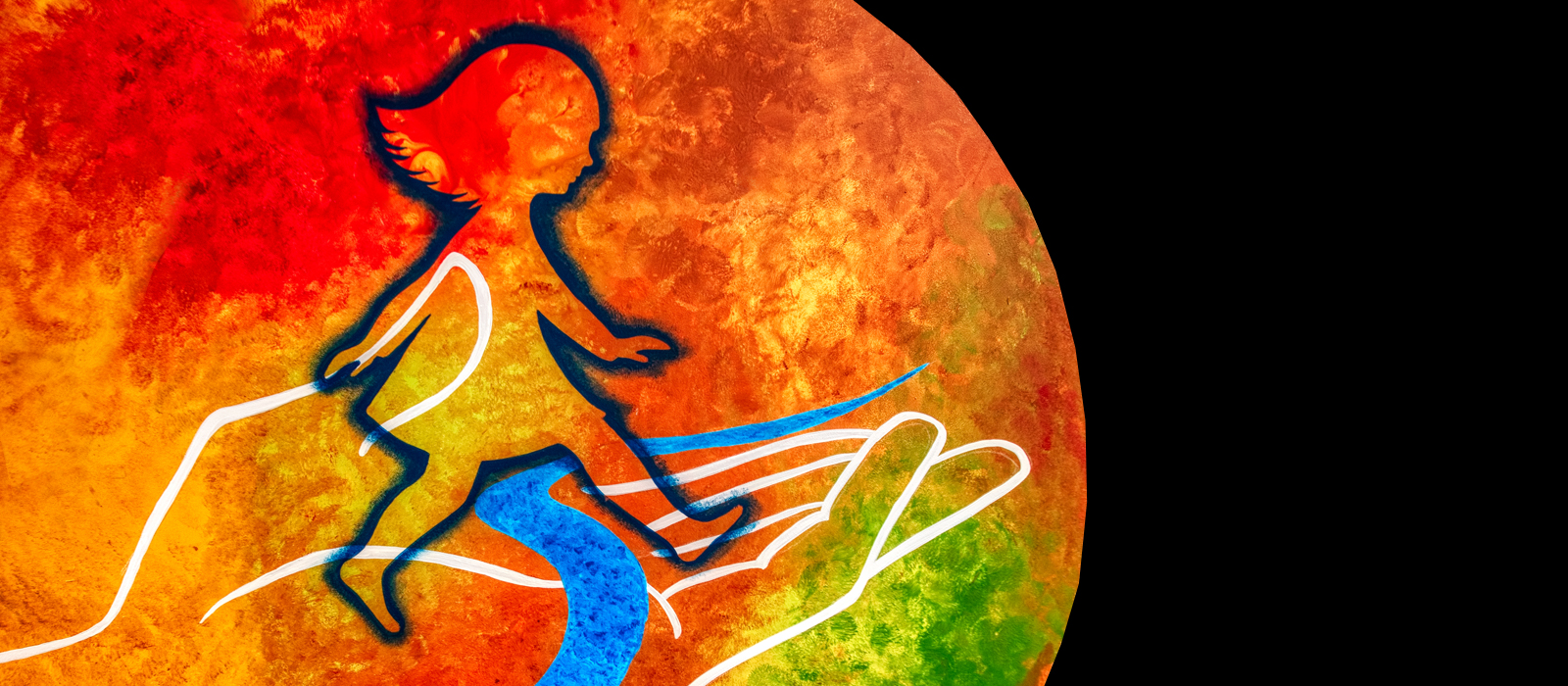
Principles of Learning in Social Work
In 2019 MSW students proposed a series of principles to guide social work learning so that it is respectful of Indigenous knowledge:
- Creating and cultivating safe spaces
- Developing learning for theory to practice (praxis)
- Appreciating the process of learning and knowledge sharing
- Creating opportunities for mindfulness and being present
- Honouring trust, disclosure, and bravery
- Collective reciprocal gathering
- Respecting each other’s journey, personal and academic
- Accessible and flexibility in the learning process
- Responsibility to decolonize spaces and opportunities for education
- Challenging interlocking systems of oppression
- Questioning what allyship/ co-resistance looks like in practice, settler responsibility to alleviate the societal burden, recognizing privilege and operationalizing it to benefit Indigenous peoples
- Celebrating community with care, love, food, and compassion.
SW5702 class of Fall 2019
Carly McConnell, Sarah Shima, Namrata Tilokani, Elizabeth Woodside, Sadia Abdullahi, Jake Ahern-Davey, Kevin Amirault, Rebecca Brant, Sarah Brien, Lisa Deveau, Melanie Fingold, Heidi Goldberg, Brittany Graham, Olivia Keays, Callie Latham, Laura Lumsden.
